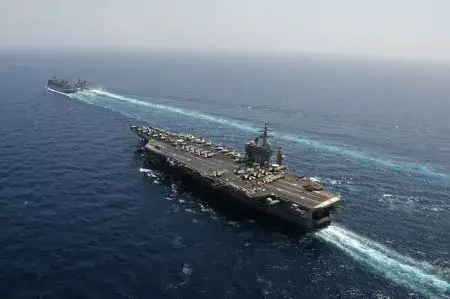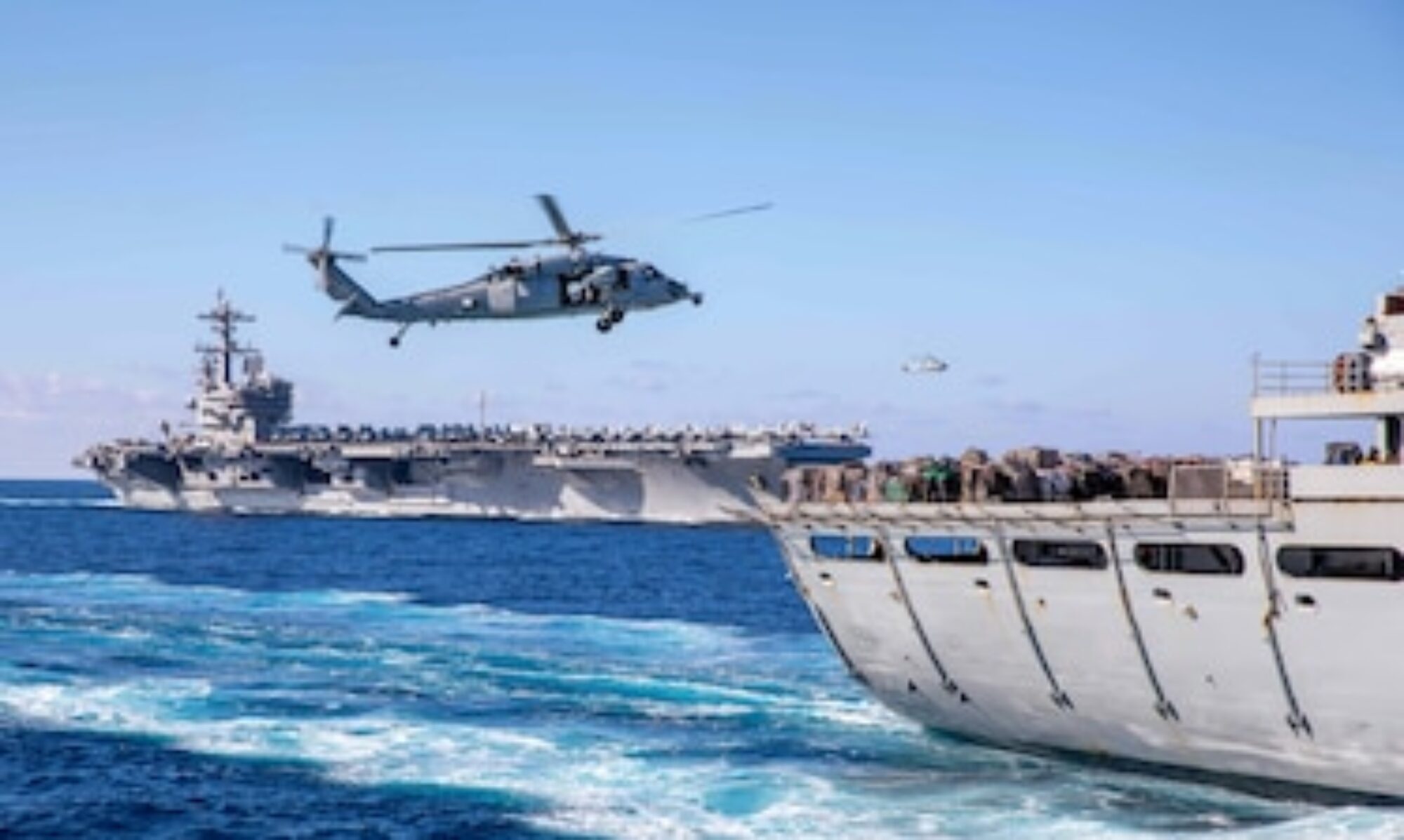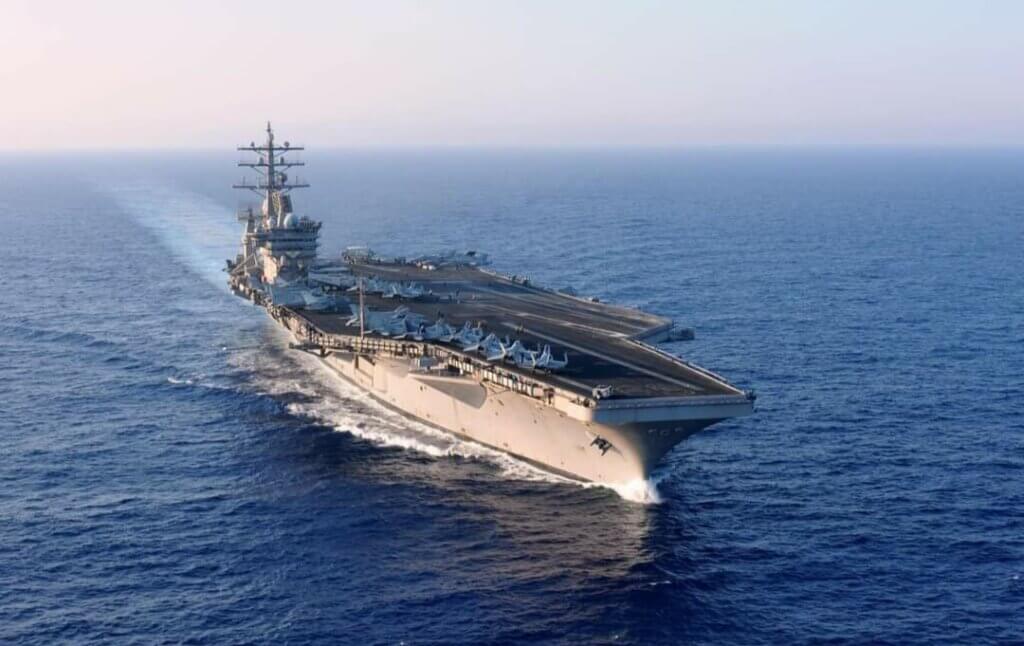
Introduction
In the realm of modern conflict, misinformation spreads almost as rapidly as the events themselves. A recent case involves claims by Yemeni Houthi rebels that they successfully struck the U.S. aircraft carrier USS Dwight D. Eisenhower in the Red Sea. These assertions were quickly debunked by multiple sources, yet they highlight the challenge of distinguishing fact from fiction in real-time.
The Allegations
Last Friday, Houthi military spokesperson Yahya Saree announced that missile strikes had targeted the USS Eisenhower. This announcement was followed by a second claim the next day, suggesting a “second targeting operation against the carrier during the past 24 hours” according to Reuters.
Thek Spread of Misinformation
Following these announcements, images began circulating online purporting to show the damage inflicted on the Eisenhower. A notable post on X (formerly Twitter) by user @iAmTheWarax claimed, “CONFIRMED: uss eisenhower (pictured docked for repairs in souda bay) hit and severely damaged by multiple houthi ballistic missiles.” This post included a satellite picture of a docked ship. Another post by @Alhussaini21S, viewed over 2.6 million times, showed what appeared to be an aircraft carrier with a large black mark on its runway.
The Reality
A thorough fact-check by Newsweek dismantled these claims. The images shared were not of the Eisenhower in the Red Sea. One image was of the Russian aircraft carrier Admiral Kuznetsov docked in Murmansk, Russia. The other was a doctored image of the Eisenhower docked in Norfolk, Virginia. The Pentagon confirmed there had been no strikes on the Eisenhower or the Norfolk port.
Further, Chinese satellite images dated June 4 showed the USS Eisenhower moving southward in the Red Sea without any visible damage, reinforcing the Pentagon’s position.
The Broader Context
The conflict between the Houthis and the Saudi-led coalition, supported by the U.S. and the U.K., has been ongoing since 2015. The recent Houthi claims emerged as part of retaliatory actions against strikes conducted by U.S. and U.K. forces on Houthi positions in Yemen.
Despite the assertions of direct hits on the Eisenhower and its escorts, U.S. Central Command reported that all Houthi munitions had been intercepted. No damage or injuries were reported on any U.S. vessel, further debunking the Houthi’s claims.
Conclusion
In an age where misinformation can easily overshadow reality, it is crucial to rely on verified sources and official statements. The false claims regarding the USS Eisenhower underscore the importance of critical evaluation of news, especially during conflicts. The Eisenhower remains operational, continuing its mission in the Red Sea, undeterred by the baseless allegations of damage.
By staying informed through credible sources, we can better navigate the complexities of modern-day conflicts and the accompanying flood of information, both true and false.



